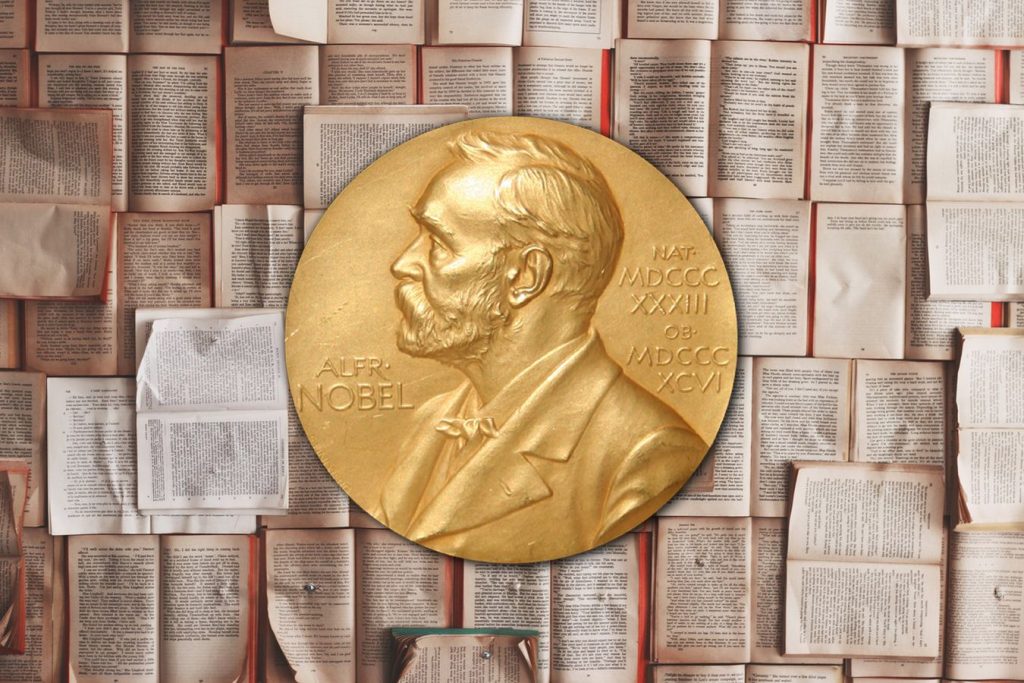Literary awards play a significant role in recognizing and celebrating outstanding achievements in literature. These awards not only honor exceptional works but also highlight diverse voices and genres, influencing the literary landscape and reader preferences. This article explores the importance of literary awards, their impact on authors and the literary world, and notable examples from various categories.

The Importance of Literary Awards
- Recognition of Excellence: Literary awards acknowledge outstanding contributions to literature, celebrating works that demonstrate exceptional craftsmanship, creativity, and originality. Winning an award can validate an author’s work and elevate their status in the literary community.
- Increased Visibility: Awards bring increased visibility to both established and emerging authors. Winning or being shortlisted for an award can significantly boost a book’s exposure, leading to wider readership and greater opportunities for promotion.
- Influence on Sales: Literary awards often drive book sales, as awards can attract new readers and encourage bookshops and libraries to stock and promote the winning titles. This impact on sales can be particularly beneficial for lesser-known or debut authors.
- Diverse Representation: Many literary awards emphasize diversity and inclusion, recognizing works that address issues of race, gender, sexuality, and cultural identity. These awards contribute to a more inclusive literary landscape by highlighting voices that might otherwise be overlooked.
- Encouragement for Writers: Awards provide motivation and encouragement for writers to continue pursuing their craft. The recognition and validation associated with winning an award can inspire authors to create more ambitious and impactful works.
- Cultural and Social Impact: Literary awards can influence cultural and social conversations by bringing attention to important themes and issues addressed in award-winning works. They can reflect and shape societal values and trends.
- Historical Record: Awards create a historical record of literary excellence, preserving the achievements of authors and their contributions to literature. This record can be valuable for scholars, critics, and readers interested in the evolution of literary styles and themes.

Notable Literary Awards
- The Nobel Prize in Literature: One of the most prestigious literary awards, the Nobel Prize in Literature is awarded annually to an author who has produced outstanding work in the field of literature. It recognizes authors from around the world and celebrates a wide range of literary forms and styles.
- Notable Winners: Gabriel García Márquez, Toni Morrison, and Kazuo Ishiguro.
- The Pulitzer Prize for Fiction: Awarded annually by the Pulitzer Prize Board, this award recognizes distinguished fiction by an American author. It is known for celebrating innovative and impactful works of fiction.
- Notable Winners: Colson Whitehead, Marilynne Robinson, and Richard Powers.
- The Man Booker Prize: Now known as The Booker Prize, this award honors the best original novel written in the English language. It is open to authors from around the world, with a focus on high-quality literary fiction.
- Notable Winners: Hilary Mantel, Margaret Atwood, and Bernardine Evaristo.
- The National Book Award: Presented annually in the United States, the National Book Award recognizes outstanding literary work in several categories, including fiction, nonfiction, poetry, and young people’s literature.
- Notable Winners: Jesmyn Ward, Colson Whitehead, and Claudia Rankine.
- The Hugo Awards: Focused on science fiction and fantasy, the Hugo Awards celebrate exceptional works in these genres. The awards are presented annually at the World Science Fiction Convention (Worldcon).
- Notable Winners: Ursula K. Le Guin, N.K. Jemisin, and Neil Gaiman.
- The Costa Book Awards: The Costa Book Awards, formerly known as the Whitbread Book Awards, celebrate the best books of the year in five categories: First Novel, Novel, Biography, Poetry, and Children’s Book.
- Notable Winners: Andrew Miller, Kate Atkinson, and Jojo Moyes.
- The Giller Prize: Awarded annually in Canada, the Giller Prize recognizes excellence in Canadian fiction. It celebrates the best novels and short story collections by Canadian authors.
- Notable Winners: Alice Munro, Esi Edugyan, and Sean Michaels.
Impact of Literary Awards
- Career Advancement: Winning a literary award can significantly enhance an author’s career, leading to increased opportunities for publishing, speaking engagements, and literary collaborations.
- Enhanced Reputation: Awards often elevate an author’s reputation within the literary community and among readers. Recognition from prestigious awards can solidify an author’s place in literary history.
- Support for Diverse Voices: Many literary awards prioritize diversity and inclusion, contributing to a broader representation of voices and experiences in literature. These awards help to address gaps and celebrate underrepresented authors.
- Cultural Impact: Award-winning books often become cultural touchstones, influencing public discourse, educational curricula, and adaptations in other media. They can spark conversations about important social and cultural issues.
- Promotion of Literary Quality: The rigorous selection process for literary awards encourages high standards of literary quality and innovation. The focus on excellence helps to raise the bar for literary works and fosters a culture of literary achievement.

Conclusion
Literary awards play a crucial role in celebrating and promoting excellence in literature. By recognizing outstanding works and providing increased visibility to authors, these awards contribute to the enrichment of the literary world and the broader cultural landscape. From prestigious prizes like the Nobel Prize in Literature and the Pulitzer Prize for Fiction to genre-specific awards like the Hugo Awards, literary awards highlight the diverse and dynamic nature of contemporary literature. Their impact extends beyond individual recognition, shaping literary trends, fostering inclusivity, and inspiring future generations of writers and readers.


